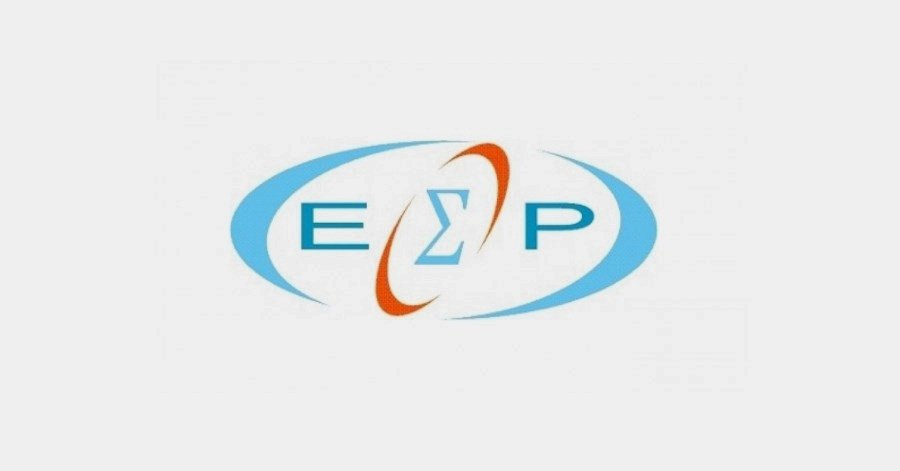It took only two years for the ESR, which did not show the fastest reflexes, to call almost all the private channels of national scope to give explanations about the information they provided to the citizens during the first quarantine.
In particular, on Tuesday 28/06, the legal representatives of the private television stations Alpha, ANT1, Mega, Open, SKAI and Star were summoned to the headquarters of the ESR, to give the necessary explanations.
The ESR has asked the channels to provide it with clarifications "regarding eventual infringement, during the period from 11/3/2020 to 11/5/2020 of the obligation to provide objective information and to observe the principles of political pluralism".
According to the ESR, the obligation of the controlled television stations to provide "objective information and to observe the principles of political pluralism" is imposed by the provisions:
a) of article 15 par. 2 sec. c of the Constitution, which defines: "The direct control of the State ... aims at the objective and equal transmission of information and news, ...",
b) of article 14 par. 9 par. b of the Constitution, which stipulates: "Law provides for the measures and restrictions necessary to fully ensure transparency and pluralism in information."
c) Article 11 of the Charter of Fundamental Rights of the European Union, which provides: '1. Everyone has the right to freedom of expression. This right includes freedom to hold opinions and to receive and impart information and ideas without interference by public authority and regardless of frontiers. "The freedom of the media and their pluralism are respected."
d) of articles 1 par. 1 par. b and 6 par. 2 of Law 2328/1995, which stipulate: “The licenses are granted for the service of the public interest and their use constitutes a public function. The stations to which the licenses are granted must take care of… objective information, ensuring pluralism,… ".
e) of article 3 par. 22 of Law 2328/1995, which states: "Television stations in the overall structure of the program and in particular of their news broadcasts and political dialogue broadcasts, have the obligation to ensure political pluralism and the presentation of views of the political parties represented in the Parliament and in European Parliament for any issue that becomes the subject of a political dispute".
f) of article 1 par. 2 of Law 4339/2015, which states: "The provision of terrestrial digital telecommunication servicesvisualof broadcasting is a service of general economic interest, ... which consists in providing television services to the public, based on conditions, terms and procedures that ensure, on the one hand, legality, transparency, political and cultural multilateralism and pluralism ...".
(G) of article 1 par. 1 of Law 3592/2007, which stipulates: "The purpose of the provisions of this law is the objective and on equal terms transmission of information and news".
or) of article 14 par. 1 par. α of P.D. 77/2003, which stipulates: “News bulletins must be written with precision, objectivity and the greatest possible versatility. This obligation prevails in every, even indirect, business and financial pursuit of the radio or television station in general ".
i) of article 3 of P.D. 77/2003, which stipulates: “Radio and television must recognize and respect in practice the expression of different views and defend their freedom of transmission. The different opinions must be presented in a timely manner and on equal terms "(F. 46/2021).





